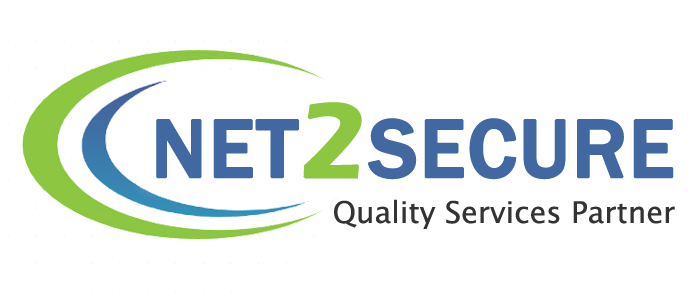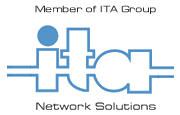Streamlining Website Management: Comparative Analysis of Web Hosting Control Panels
In the ever-evolving digital landscape, efficient website management is paramount for success. For seasoned web professionals, system administrators, and webmasters, a robust web hosting control panel is an indispensable tool. This article delves into a comparative analysis of popular control panels, focusing on features and functionalities that cater to experienced users.
Understanding the Crucial Role of Control Panels
A web hosting control panel serves as the central hub for managing various aspects of a website and its hosting environment. From basic tasks like domain management and email account creation to advanced functionalities such as server monitoring and security configurations, control panels empower users with a comprehensive suite of tools.
Key Considerations for Experienced Users
Experienced users often have specific requirements and prioritize features that enhance efficiency and control. When evaluating control panels, consider the following factors:
- Security: Robust security features, including firewalls, malware scanning, and intrusion detection systems, are crucial for safeguarding websites and data.
- Performance Optimization: Advanced caching mechanisms, content delivery network (CDN) integration, and server-level performance tuning capabilities are essential for optimal website speed and responsiveness.
- Scalability and Flexibility: As websites grow, the ability to effortlessly scale resources and customize server configurations becomes critical.
- Automation and Scripting: Support for scripting languages and automation tools streamlines repetitive tasks and enables efficient server management.
- Advanced Monitoring and Analytics: Comprehensive monitoring tools provide real-time insights into website performance, resource usage, and potential issues.
Popular Web Hosting Control Panels: A Comparative Overview
Let's delve into a head-to-head comparison of widely used control panels:
1. cPanel

Renowned for its user-friendly interface and extensive feature set, cPanel remains a popular choice. Its intuitive graphical interface simplifies complex tasks, while its comprehensive documentation and active community provide ample support. cPanel excels in areas such as email management, FTP access control, and database administration.
2. Plesk

Plesk rivals cPanel in terms of popularity and offers a comparable range of features. It boasts a modern and visually appealing interface and provides robust security features. Plesk's strength lies in its multi-server management capabilities, making it suitable for managing multiple websites or servers from a centralized location.
3. DirectAdmin

DirectAdmin stands out for its lightweight design and emphasis on simplicity. Its streamlined interface focuses on essential features, making it an excellent choice for users who prefer a less cluttered experience. DirectAdmin's affordability and ease of use make it an attractive option for startups and small businesses.
4. ISPmanager
ISPmanager offers a comprehensive suite of tools for managing web hosting servers. Its feature set includes support for multiple PHP versions, server monitoring, and security enhancements. ISPmanager caters to experienced users with its command-line interface and advanced configuration options.
Choosing the Right Control Panel for Your Needs
Selecting the ideal control panel depends on individual requirements, technical expertise, and budget considerations. cPanel and Plesk are excellent choices for users seeking a user-friendly experience and a wide range of features. DirectAdmin suits those who prioritize simplicity and affordability, while ISPmanager caters to users comfortable with command-line interfaces and advanced configurations. By carefully evaluating the strengths and weaknesses of each control panel, experienced users can make informed decisions that align with their specific needs and optimize website management efficiency.
















